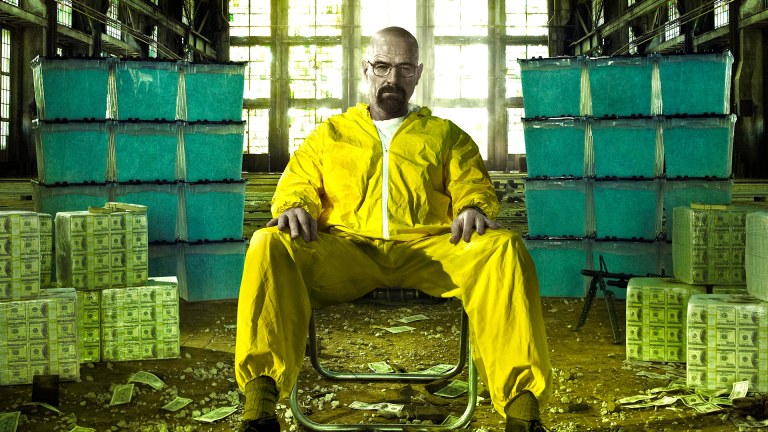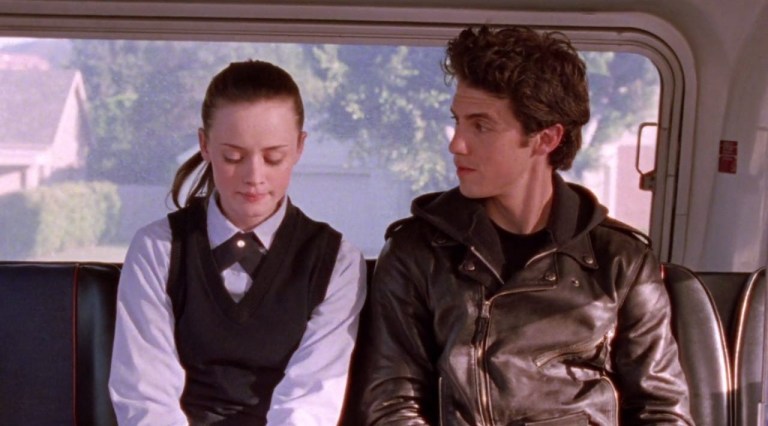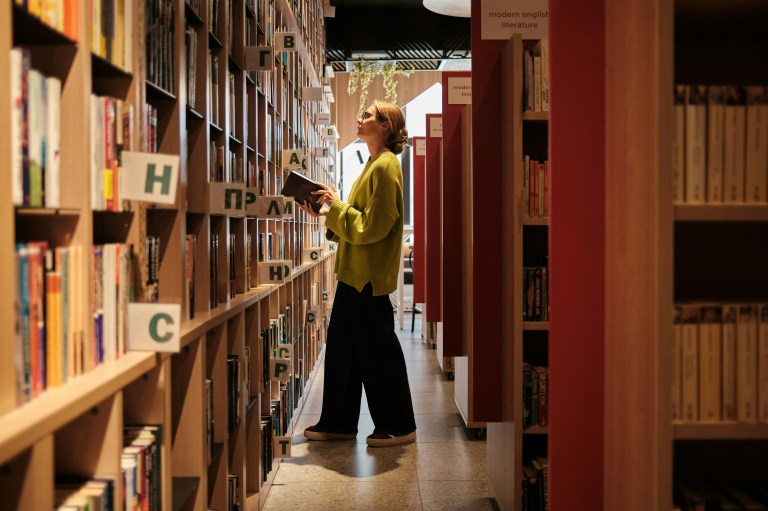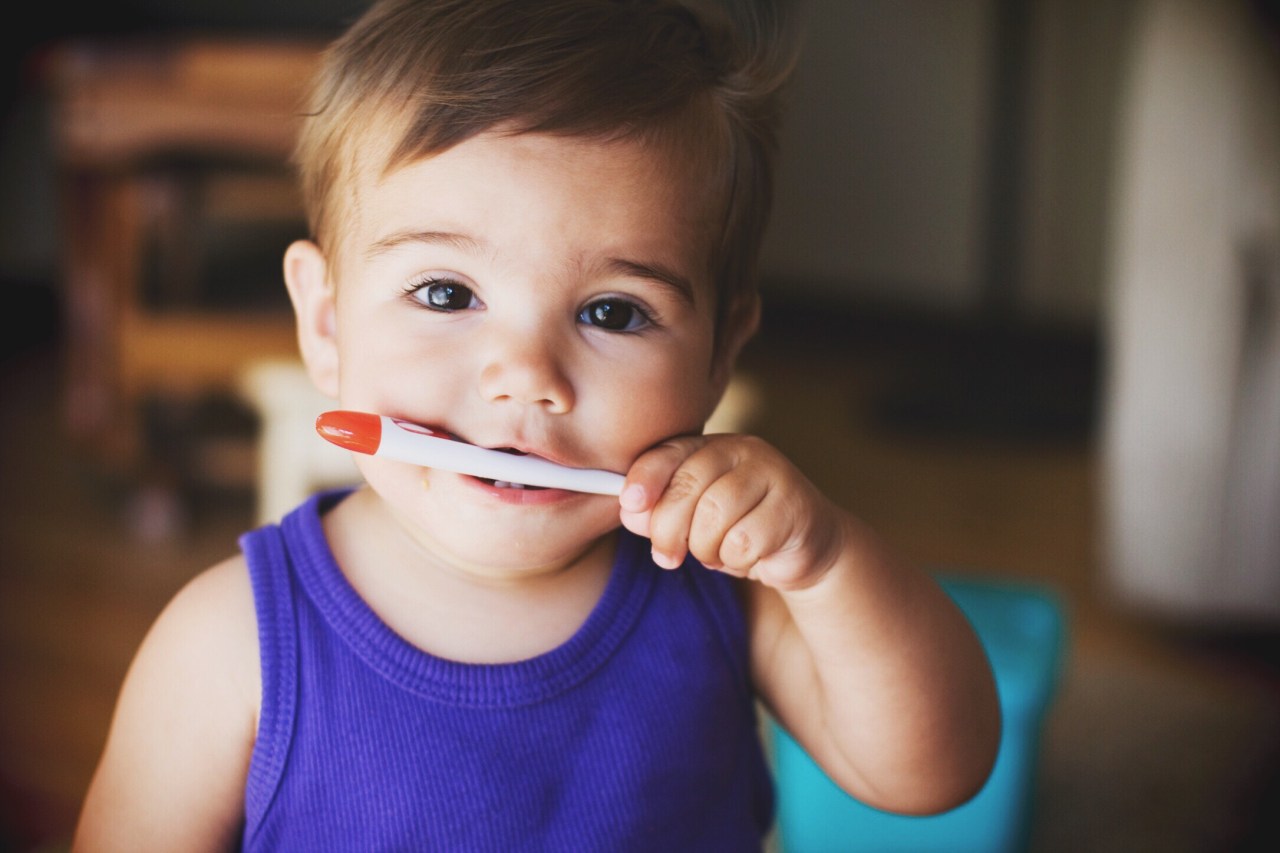
6 Beautiful And Crucial Life Lessons You Gain From Taking Care Of Children That Are Not Your Own
You love these little guys. Not because they are your own and you have to, but because it comes naturally. You don’t have to love them, but you do.
Whether you are a daycare provider, nanny, part-time babysitter, or have somehow been granted the gift of taking care of a friend or family member’s kid(s), you have learned many lessons. Not only how to take care of these mini-humans, but life lessons that have shaped the way you see the world, and yourself.
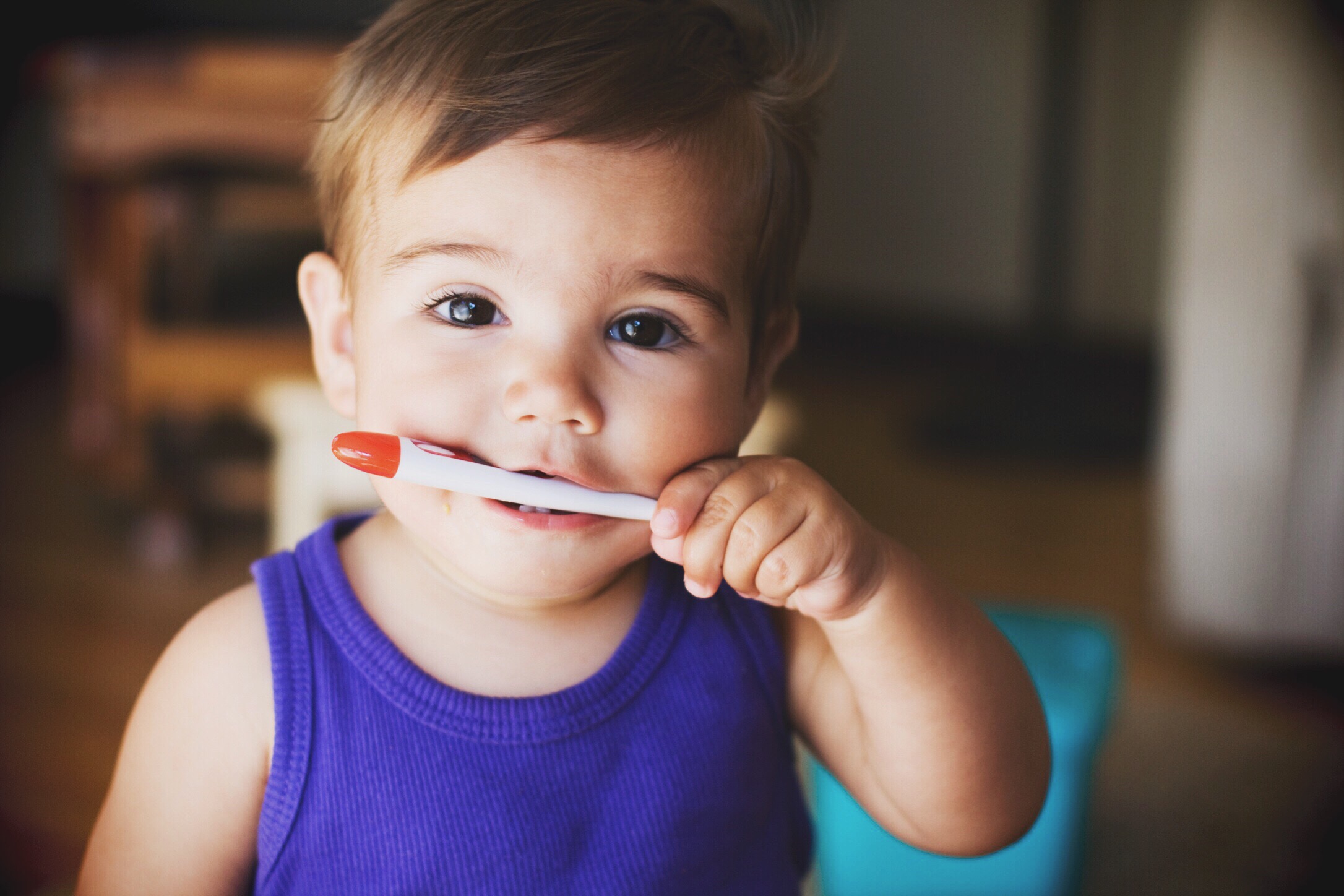
1. You learn patience that surpasses all normal amounts of patience.
You learn patience in almost everything–waiting for a restaurant meal, sitting at the bus stop, closing your eyes and praying for sleep–but the type of patience you learn in taking care of someone else’s kids is the greatest type of patience. These children are not your own. You cannot yell at them the way you could if they were yours, you cannot take their screaming, toy-throwing fits and remind them sternly of your rules at home. These kids with their miniature sneakers and flyaway hairs come to you from different places, different parents, different expectations, and your job is to talk to them slowly and lovingly, to direct them in the right way, to stand calm as they pull your ponytail and chuck a tiny train across the room and kick their snowy feet on the rug. You are forced to be patient. And thus you wait, you take deep breaths, and you care for these children more deeply than you would your own.
2. You learn that every minute is precious, and you should never waste it.
Children in general will teach you this. They will spend every last minute watching Frozen, even as you’re wheeling away the T.V. cart. They will never come on the first call from the playground because they’ll be too busy burying themselves in the snow. They take advantage of every last second. But with children that are not yours, you will see how they cherish every minute with you. They will beg you to play dolls, to take apart and put the farm animal puzzle back together, to read the same ‘I Can Go Potty’ book for the sixth day in a row. You are theirs. They value their time with you, and they never waste it. You learn from them to cherish the people in your life, even those that are not your relatives, or those that are not the most significant people to you. You realize that to these children, you are one of the most significant. And that wakes you up.
3. You learn that laughter is an amazing coping skill.
And you have to laugh when one of the little boys rubs foamy soap over the entire sink, when your baby cousin smears banana across her entire lap, when two little girls want to do your makeup and give you a hideous, blue uni-brow. You learn to laugh when you’re in over your head, when there are too many messes, when you’ve said the same thing 200 times and you’re just exhausted. You learn to laugh at little kid jokes, laugh when you’re sleepy, laugh when you hear tiny three-year-old snores during naptime. Laughter becomes a healthy means of coping, something you can take with you and keep for when you feel like you just can’t handle life.
4. You learn your deepest fears.
You observe these children and you learn what terrifies them–going to the bathroom, not having their blanket folded in a certain way, that daddy will never come back–you learn how deep-rooted these fears can be. And you learn your own fears–fear of handling a situation incorrectly, of not being listened to, of a child getting hurt, of not knowing how to react, of how you may or may not know what you’re doing. You learn what scares you about having your own little family, without being in it yet; this is valuable, and yes, very scary.
5. You learn forgiveness in profound ways.
Learning to forgive is probably the most difficult challenge of being a human. The world teaches you forgiveness, but it is not until you learn to forgive a stranger, a small child that you don’t have to forgive, that you learn the true meaning. Forgiveness of a child that is not your own means that you intentionally let go of the anger, the frustration, the eye-rolling, and the deep sighing. It means actively letting go and deciding to hug this child, because you have the option, and the opportunity, to teach and demonstrate forgiveness and love in its deepest, most beautiful form. You choose to forgive, not because he or she is your own flesh and blood, but in spite of that. That is powerful.
6. You learn your capacity to love. And that it is much bigger than you ever thought possible.
You love these little guys. Not because they are your own and you have to, but because it comes naturally. You don’t have to love them, but you do. You love the little boy with a button nose, the girl with the wrinkled, thumb-sucking fingers, the two-year-old who mumbles your name in his sleep because he wants you to rub his back. You love them even though they fight and cry and throw fits and get their food all over the floor at mealtimes and scream during nap. You love them because you have chosen to love them. You love them because they are not your own. You love them as if they were. ![]()
